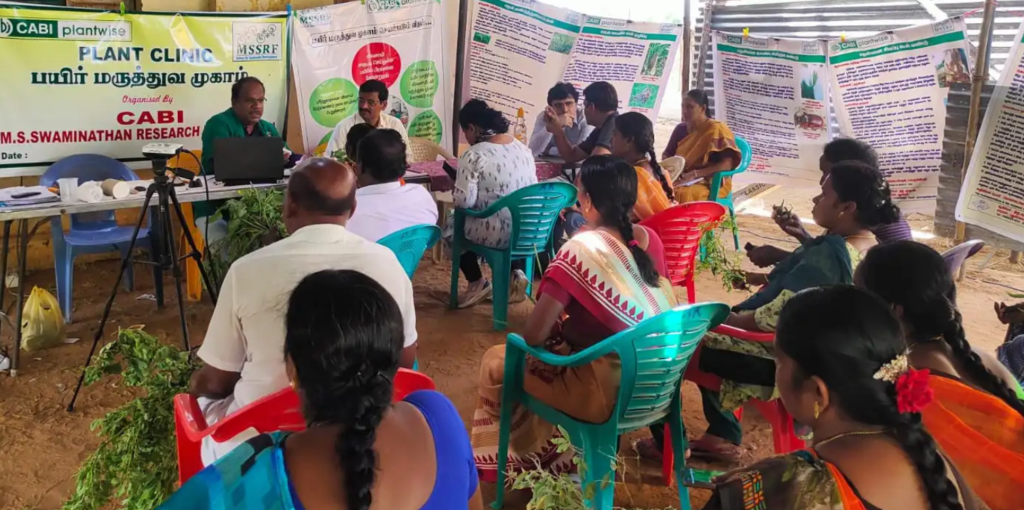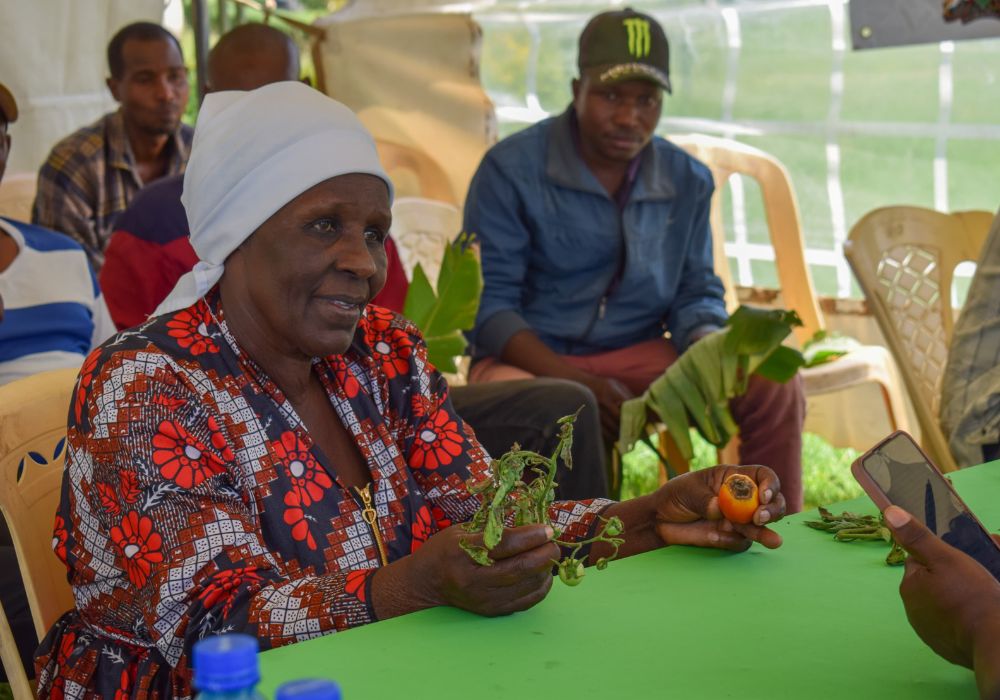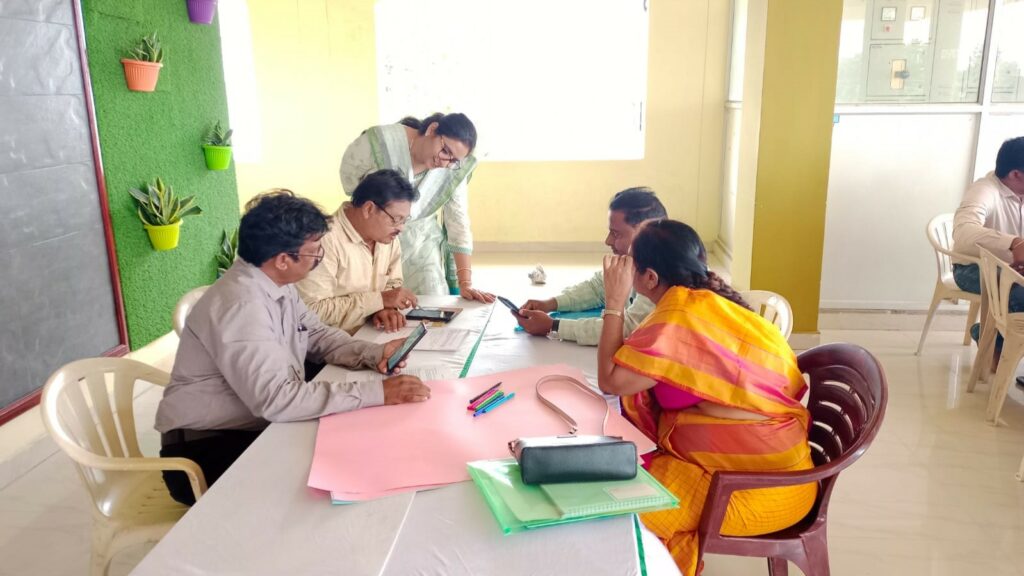Chilli black thrips outbreak: supporting Indian farmers to protect crops sustainably
Outbreaks of Thrips parvispinus, commonly known as chilli black thrips or Southeast Asian thrips, are causing challenges for smallholder farmers in India. These tiny, dark-coloured invasive pests are responsible for considerable economic losses, particularly for growers who rely on chilli crops as a primary source of income. Chilli black thrips are notorious for their aggressive…
Empowering women farmers with digital tools in India
In India, 59 per cent of women work in agriculture. This workforce is vital to the country’s rural economy, with women performing many of the big farming jobs, such as planting, weeding, tending, and harvesting crops.
Digital advisory tools: reaching last-mile users in India
PlantwisePlus presented its suite of digital advisory tools to end users at the recent AgTech 2023 conference in Andhra Pradesh, India. The PlantwisePlus digital tools are helping improve knowledge and uptake of integrated pest management (IPM) practices. As such, they align with Andhra Pradesh’s Natural Farming Initiative, which promotes the use of agricultural approaches that are in harmony with nature.
Boosting the usage of CABI’s digital tools through communication, collaboration, and co-creation
Food security and food safety are two complementing elements of a sustainable future. Unexpected crop losses due to pests and diseases lead to food insecurity, and indiscriminate pesticide usage to control the pest/ disease hamper food safety. In such situations, countries need novel solutions that maintain food safety while addressing food security issues.










